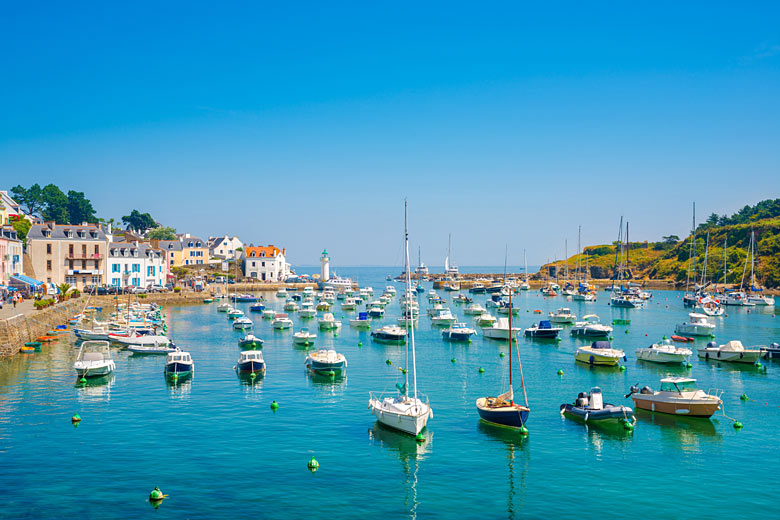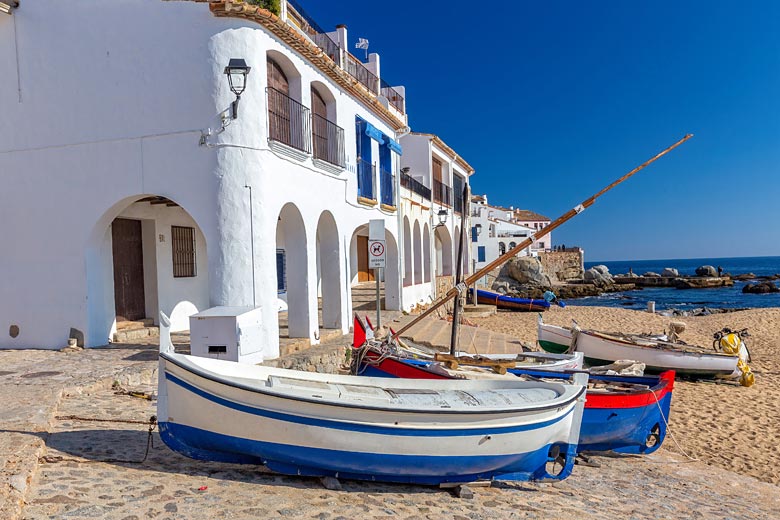- Book online with TUI & save up to 7% on holidays
- FREE child places available for select holidays
- Pay £0 deposits with direct debit & spread the cost
Best time to visit the Algarve
The best times to visit the Algarve (Albufeira) are in May, June, July and August based on our default weather conditions. Update your weather preferences to see which months best match.
- Best time to visit
- Weather by month
- 5-day weather forecast
- Destinations
- Travel guide
- Deals & discounts
Algarve by month
Jan Feb Mar Apr May Jun Jul Aug Sep Oct Nov Dec
Recommended for the Algarve
Top Algarve destinations
Below are the temperatures expected today at popular countries, regions and places in the Algarve. Select a destination to compare today's forecast with average weather conditions.
All Algarve destinations
- Acoteias
- Albufeira
- Alcantarilha
- Almancil
- Alte
- Altura
- Alvor
- Armacao de Pera
- Balaia
- Boliqueime
- Bordeira
- Branqueira
- Carvoeiro
- Cerro d'Aguia
- Estoi
- Faro
- Ferragudo
- Ferreiras
- Gale
- Goldra
- Guia
- Lagoa
- Lagos
- Loule
- Luz
- Manta Rota
- Moncarapacho
- Monchique
- Monte Gordo
- Montechoro
- Montinhos Da Luz
- Olhao
- Porches
- Portimao
- Prahia de Olhos d'Aqua
- Praia Da Falesia
- Praia Da Luz
- Praia Da Marinha
- Praia Da Oura
- Praia Da Rocha
- Praia Do Vau
- Quarteira
- Quinta do Lago
- Sagres
- Santa Barbara de Nexe
- Sao Bras
- Sao Joao
- Sao Rafael
- Sesmarias
- Silves
- Tavira
- Vale de Garrao
- Vale de Parra
- Vale Do Lobo
- Vilamoura
When is the best time to visit Algarve?
Best time to visit
The weather guide for Algarve (Albufeira) shows long term weather averages processed from data supplied by CRU (University of East Anglia) & today's weather forecast provided by meteoblue. Find out more about our data sources.
Metric (°C / mm) | Imperial (°F / inches)
An overview of Algarve weather
The Algarve is Portugal's popular southern region. It's a holiday favourite with those who come for its long sunny days in summer, wide open beaches, pretty villages, golf courses and stylish hotels.
The busiest resorts, such as Albufeira, Faro and Tavira, are found along the coast while inland remains rural and the western part of the region around to Sagres is still truly wild.
The Algarve is by far one of Europe's most popular holiday destinations, and the Algarve's weather plays a major role in this. It's known for its abundant sunshine and settled conditions during the summer months.
The Algarve is Portugal's southern coastal region, renowned for its dramatic Atlantic coastline, fine beaches and crumbling cliffs.
Although the Algarve isn't actually in the Mediterranean, the weather in the Algarve has typically Mediterranean characteristics, with warm, dry summers and cool, wet winters.
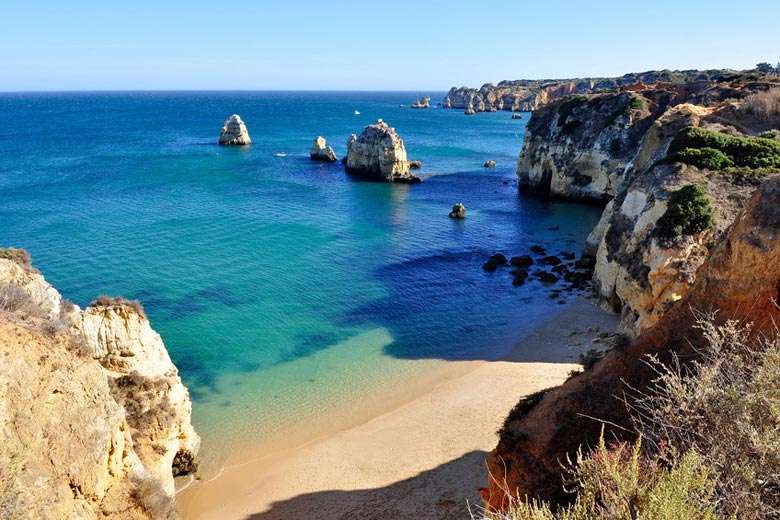
Summer
June to September is the most popular season with holidaymakers, and for good reason. The weather in the Algarve at this time is controlled by the semi-permanent region of high pressure that sits over the eastern Atlantic, 2,000 km or so to the west, known as the Azores or Bermuda High.
This high-pressure system produces settled weather when, on a typical summer's day, you can expect 11 to 12 hours of bright sunshine, some light winds and almost certainly no rain.
During the height of summer in July and August, daytime temperatures along the coast generally hover just below 30°C, falling to a pleasant 18°C overnight.
Light west to north-westerly winds help to take some of the heat out of the days, and the cool ocean waters also help to moderate the weather in the Algarve so it rarely feels too hot.
As for the sea temperature, the water around Albufeira is usually, at its best, a cool 22°C towards the end of August and beginning of September, compared with 26°C in Majorca in the Mediterranean.
The reason the sea is quite cold in the Algarve is partly because the Atlantic is such a large ocean and takes time to warm up but also because there's a cold ocean current which flows down the west coast of Portugal.
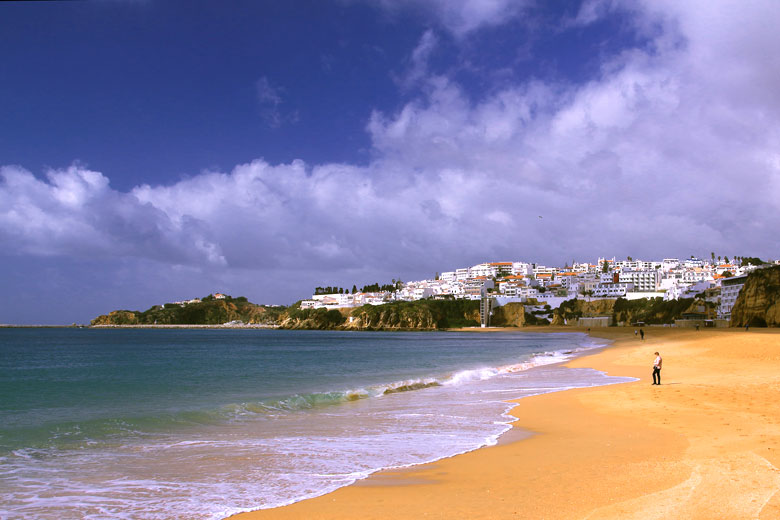
The sun, however, is fairly strong and normally shines for more than 80% of the daylight hours in July and August.
The fact there is little, if any, rainfall in summer is one of the reasons it continues to be a favourite with those after some sun, sea and sand - at most, you'll encounter a passing thunderstorm. It's easy to see why the Algarve entices so many holidaymakers during this time.
Autumn
The Algarve's autumn ranges from the end of September to the middle of November and is one of the best times of year to visit this region of Portugal thanks to comfortable temperatures and abundant sunshine.
Although the weather at this time is cooler and the days are noticeably shorter, it's a very pleasant period with relatively settled conditions.
No longer is a walk in the country or a round of golf such a sweaty affair, and you can still expect seven to nine hours of sunshine a day.
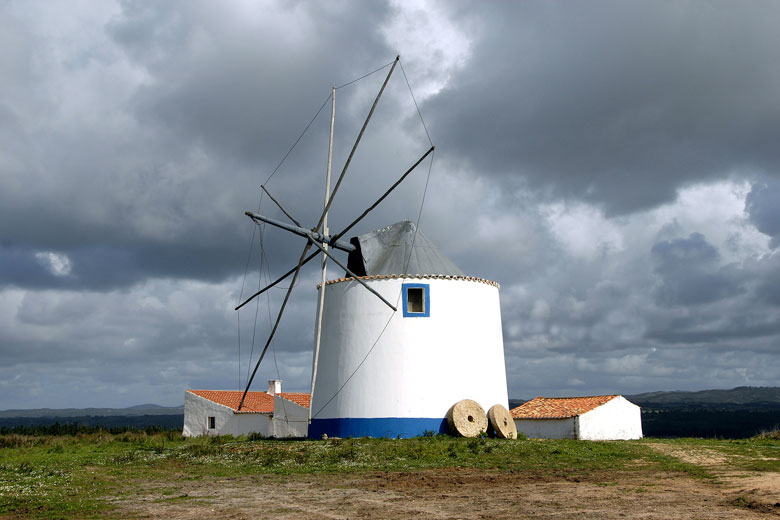
Winter
From November the weather in the Algarve turns a little wintry, and daytime temperatures take a tumble, not surpassing 20°C.
November and December tend to be the wettest months, however, most days are rain-free and more than half of the daylight hours are, on average, sunny ones. Winter also tends to see more easterly winds, which is the opposite of summer.
Ground-frosts rarely occur thanks to the proximity of the now relatively warm Atlantic Ocean, which helps to prevent temperatures falling too far.
Daytime temperatures usually peak in the mid-teens with an average of five to six hours of sunshine a day between December and the end of February.
Spring
The spring months of March to May are when the winds are at their strongest and the protection offered by the Azores High is at its weakest.
Consequently, low-pressure systems can creep in from the Atlantic occasionally bringing winter storms with them, disturbing the normal pattern of weather.
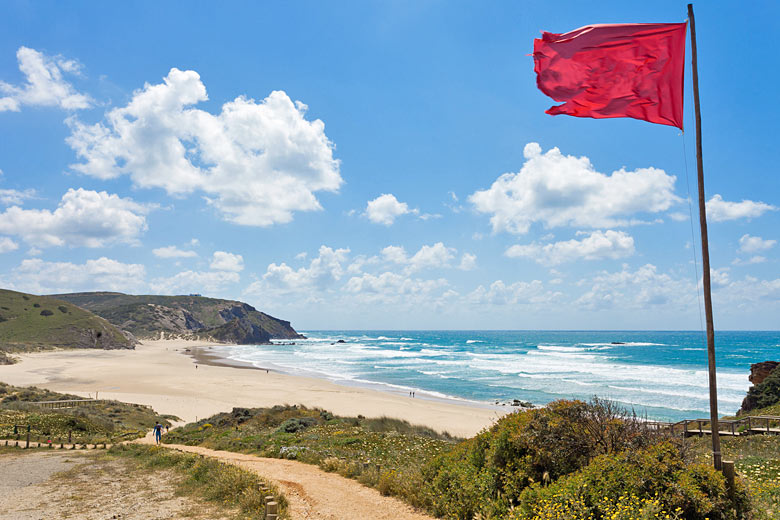
However, from March onwards, rainfall decreases, the days become warmer and, as they lengthen, sunshine hours increase. By May the weather produces 10 to 11 hours of sunshine per day and temperatures start pushing towards the mid-twenties again.
What to pack for Algarve weather
From the middle of May to the middle of October, you really only need light clothing, but from November to the end of March, warmer layers are essential, including a raincoat for the odd days when it rains.
Overall, the 100 miles of south-facing coastline that make up the Algarve has one of the best climates of anywhere in mainland Europe.
There's plenty of sunshine all year round: in summer the Atlantic Ocean helps moderate temperatures, while in winter its southerly position and the ocean prevent the weather from becoming too cold.
If you fancy holidaying in the Algarve, check out our collection of Algarve deals on holidays, flights, hotels, car hire and more.
More about the Algarve
Explore our complete guide to the Algarve with the latest travel advice for travellers and holidaymakers including official updates and local travel tips for the Algarve.
Algarve travel guide - essential info
Below is a beginner's guide to the Algarve with essential travel facts such as dominant language spoken, typical flight time from the UK and the local currency. You can also check whether visas are required and what plug adapter you need to pack.
| Algarve - quick facts | |
|---|---|
| Flight time✝ | 3 hours |
| Time difference | UK +0 hours |
| Language(s) | Portuguese |
| Currency | Euro |
| Electricity | C + F plug (230V) |
| Driving side | Right |
Why visit the Algarve?
Considering a holiday to the the Algarve? Here are some of the very good reasons it makes such a wonderful holiday destination be it for beaches or nature to ensure you get the most out of your 2026/2027 escape.
- Beaches

- Nature

- Nightlife

Algarve tourist information
✝ = Typical flight time from the UK.
| Travelling to the Algarve? | |
|---|---|
| Holidays Hotels Flights Things to do |
Algarve travel guidance
Check the latest travel guidance and advice on visiting the Algarve from official government sources (in english) from around the world including entry requirements and travel restrictions.
- Canadian travel advice for the Algarve - Government of Canada
- Safe travel advisories for the Algarve - Ministry of Foreign Affairs, New Zealand
- Smarter traveller advice for the Algarve - Department of Foreign Affairs, Australia
Learn more about the current safety and security risks from terrorism, natural disasters and more. Read about the local laws and customs to consider when travelling around the Algarve.
Note: UK FCDO - UK Foreign, Commonwealth & Development Office
Algarve travel health
Find out more about staying safe when travelling to the Algarve with the latest guidance on required vaccinations and recommended medication to take with you.
- Vaccines & medicines for the Algarve - CDC
- Health & vaccinations for the Algarve - TravelHealthPro, NaTHNac
- How to stay safe & healthy in the Algarve - Fit for Travel, Public Health Scotland
Check out the general travel tips for staying safe and healthy in the Algarve, risks of preventable diseases and what to pack.
Note: CDC - Centers for Disease Control and Prevention
Algarve travel features
Do you want to learn more about the Algarve? Read our latest features covering travel tips and insider destination guides on where to go and what to do in the Algarve.
Algarve FAQs
Read our frequently asked questions about travelling to the Algarve including the current entry restrictions, driving side, electrical plugs used and much more.
Which is the hottest month in the Algarve?
The hottest time of year in Albufeira, Algarve is normally August. Expect maximum daytime temperatures to reach 28°C with moderate heat and humidity.
Which month has the most rain in the Algarve?
In terms of rainfall, December is usually the wettest month in Albufeira, Algarve with 99mm on average. There are normally 12 days in December with some rain.
When is it sunniest in the Algarve?
The sunniest time of year in Albufeira, Algarve is normally August with bright sunshine on average for 82% of daylight hours; that's 11 hours of sunshine per day.
When is the sea warmest in the Algarve?
The sea is usually at its warmest in Albufeira, Algarve in August when the water temperature reaches 21°C.
What is the flight time to the Algarve from the UK?
The flight time to the Algarve from the UK is typically 3 hours.
What is the time difference between the Algarve and the UK?
The time difference between the Algarve and the UK is UK time+0 hours.
What is the main language spoken in the Algarve?
What is the currency in the Algarve?
The currency in the Algarve is the Euro (EUR).
Send money to the Algarve with XE Money Transfers* and TransferGo*.
Which plugs are used in the Algarve?
Algarve uses electrical plug type C + F (230 Volts).
Which side of the road do they drive on in the Algarve?
They drive on the right side of the road in the Algarve.
Find out more about driving in Portugal with RAC* and International Drivers Association*.
Algarve travel deals
Holidays to the Algarve
Check out the latest deals, discount codes and special offers on holidays to the Algarve in 2026/2027. Pay low deposits and save with last minute holiday availability and free kids places.
- Book online with TUI & save up to 7% on holidays
- FREE child places available for select holidays
- Pay £0 deposits with direct debit & spread the cost
- Book flexible holiday accommodation in Europe
- Cancellation period varies by property & travel dates
- Book villas, cottages, apartments, houses & cabins
- Book holidays in 2025/2026 from just £149 per person
- Destinations include Portugal, Spain, Greece & Egypt
- Pay low holiday deposits from £49 per person
- Explore cheap accommodation around the world
- Choose from over 36,000 properties across the globe
- Get instant confirmation & 24/7 customer service
- Check out holiday rentals for £100 per night or less
- Browse property locations by map or enter travel dates
- Filter deals by free cancellation, cleanliness & more
- Save on package holidays in 2026/2027 with Jet2holidays
- Explore top discounted holidays & exclusive offers
- Including hotel deals, free child places & singles discount
- Save on beach holidays, city breaks & UK escapes
- Browse latest travel deals from GoGroopie
- Filter deals by destination or holiday type & more
- Book a 2 week holiday & get a third week FREE
- 3rd week on B&B basis - upgrades available
- Destinations include the Algarve, Cyprus, Spain & Malta
- Book online & save up to 7% on First Choice Holiday Villages
- Destinations include Cyprus, Greece, Portugal, Spain & Turkey
- Also save with FREE child places & low deposits
- Discover top autumn city break destinations
- Find top city hotels by destination & holidays by type
- Book affordable city breaks from UK regional airports
- Pay £30 low deposits on holidays per person
- Book cheap holidays to Europe, the Med & more
- Pay final balance just 4 weeks before you depart
Flights to the Algarve
Hotel chains in the Algarve
Be inspired
Get your weekly fix of holiday inspiration from some of the world's best travel writers plus save on your next trip with the latest exclusive offers
We promise not to share your details
Related posts
Popular travel offers
Explore holiday destinations
- Beach holidays
- City breaks
- Family holidays
- Half term holidays
- Spring holidays
- Summer holidays
- Autumn holidays
- Winter sun holidays
- Honeymoons
- Coolcations
- Compare places
- Ski resorts
Save with latest deals & discounts
- Holiday offers
- Top travel brands
- Airlines & flights
- Discount hotels
- TUI
- Jet2holidays
- Neilson
- Marella Cruises
- Pierre & Vacances
- Caledonian Travel
- Club Med
- Black Friday sales
Airport parking
- Manchester Airport
- Stansted Airport
- Bristol Airport
- Luton Airport
- Birmingham Airport
- Edinburgh Airport
- Gatwick Airport
- Glasgow Airport
- Newcastle Airport
Airport lounges
- Manchester Airport
- Birmingham Airport
- Bristol Airport
- Edinburgh Airport
- Glasgow Airport
- Heathrow Airport
- Newcastle Airport
- Stansted Airport
- Gatwick Airport











 TUI deal finder
TUI deal finder
















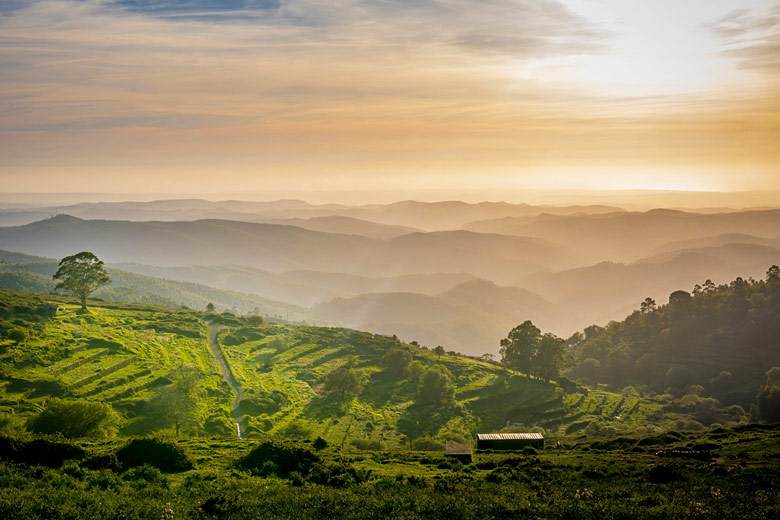
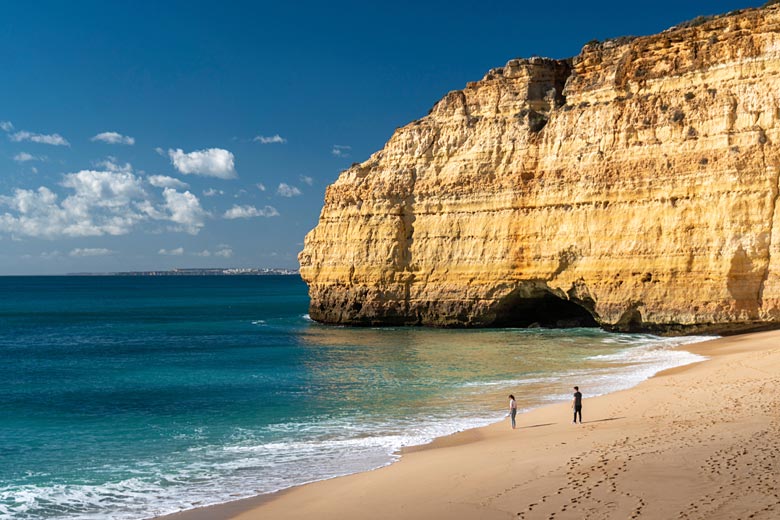
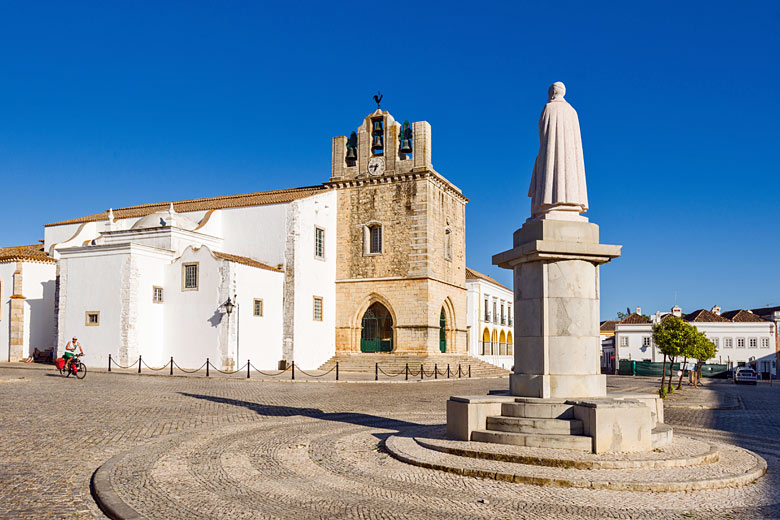
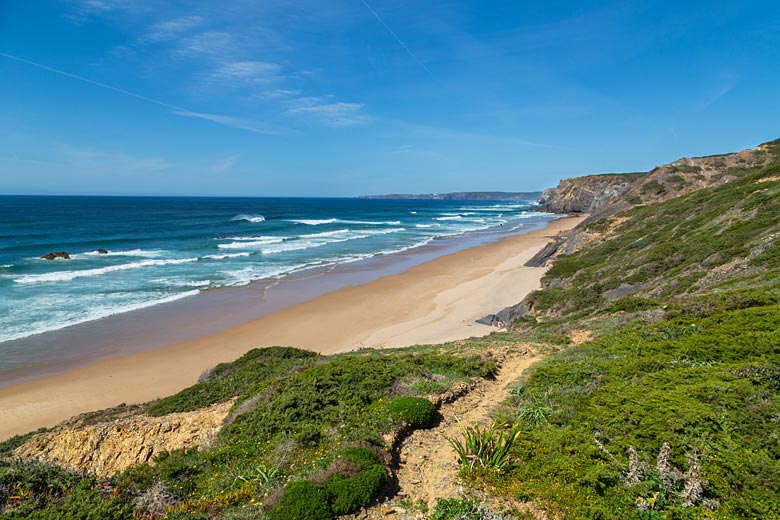
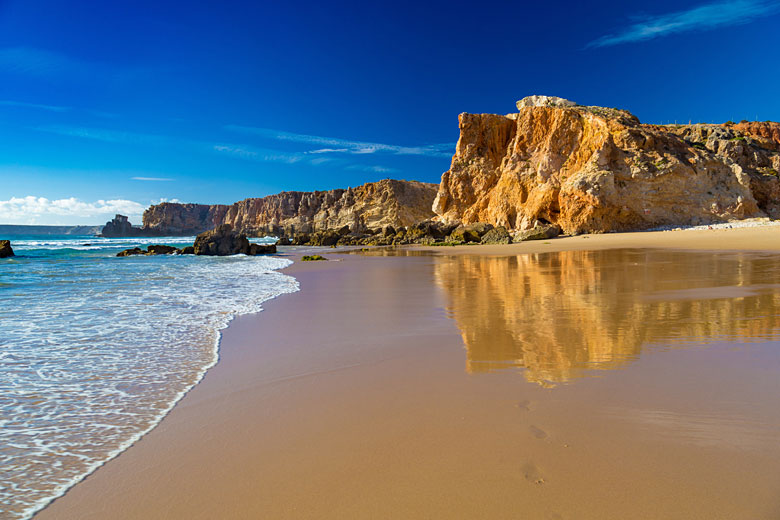
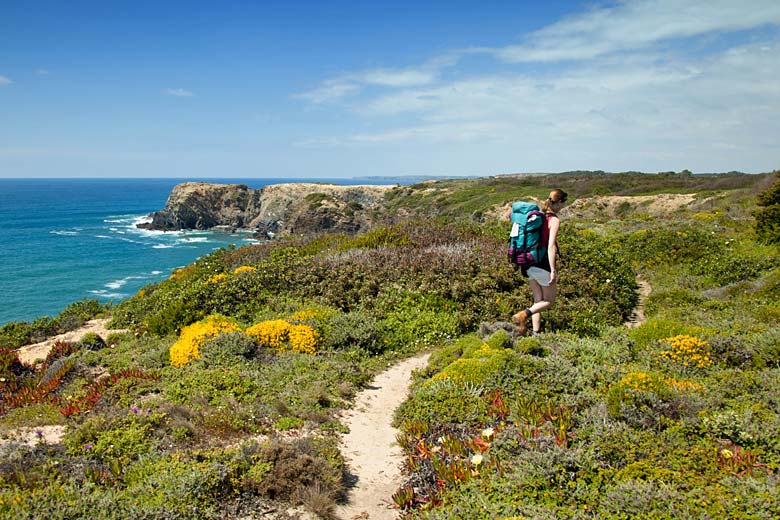
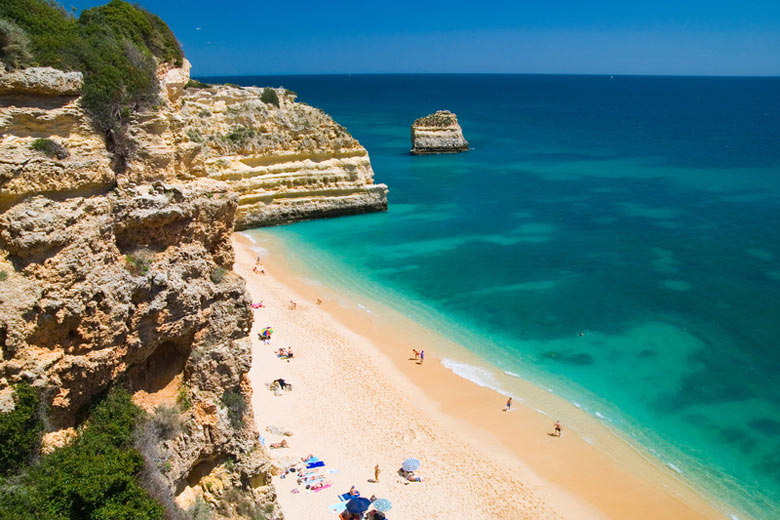
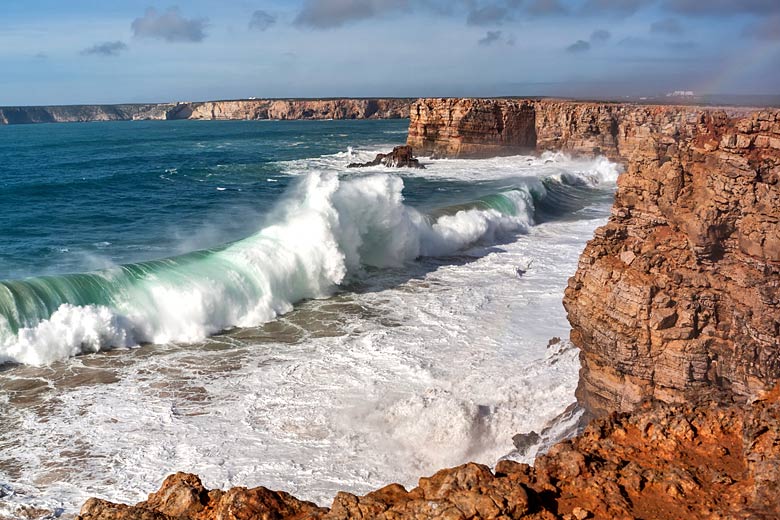
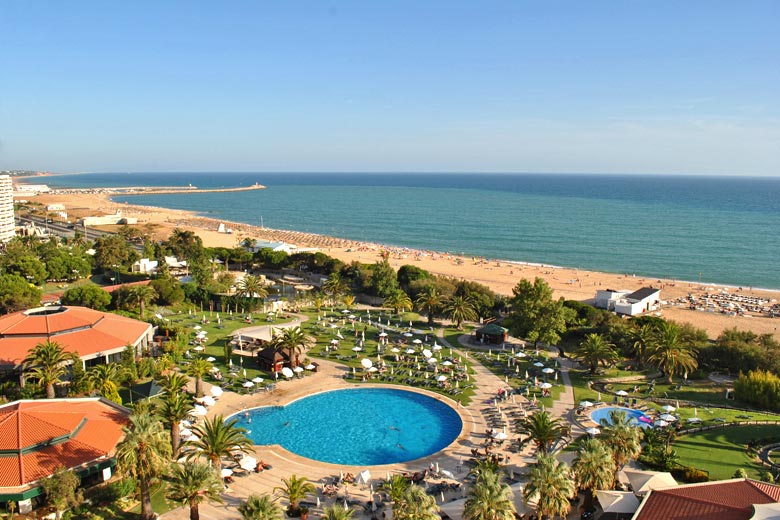
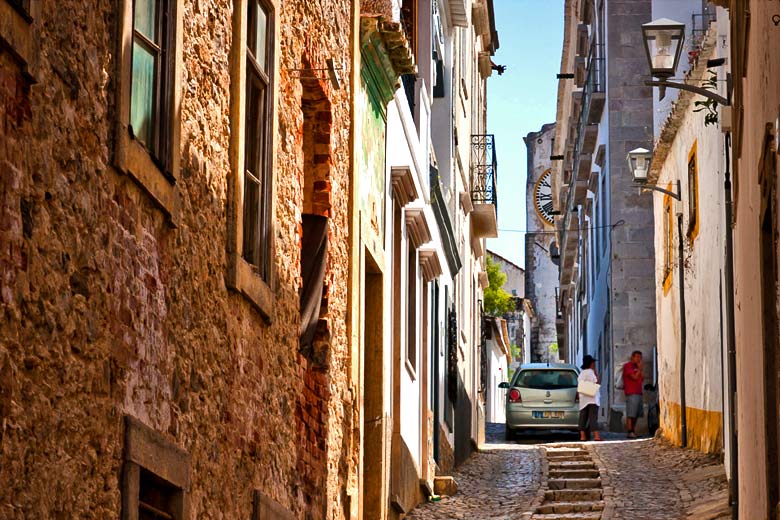
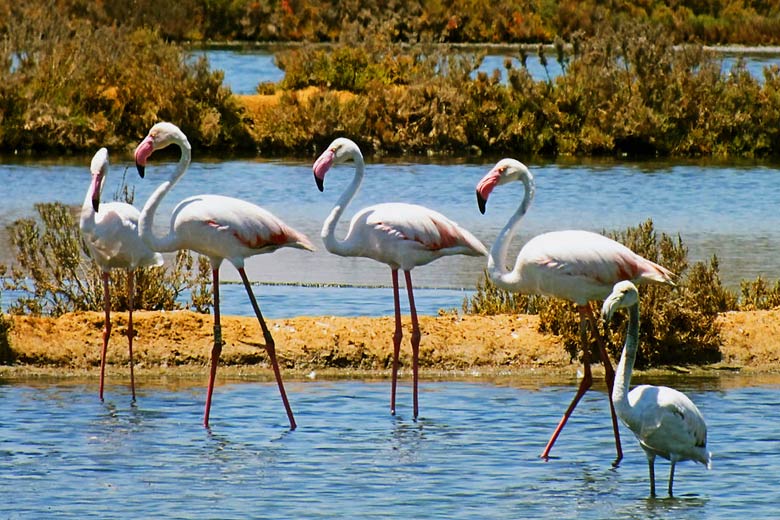
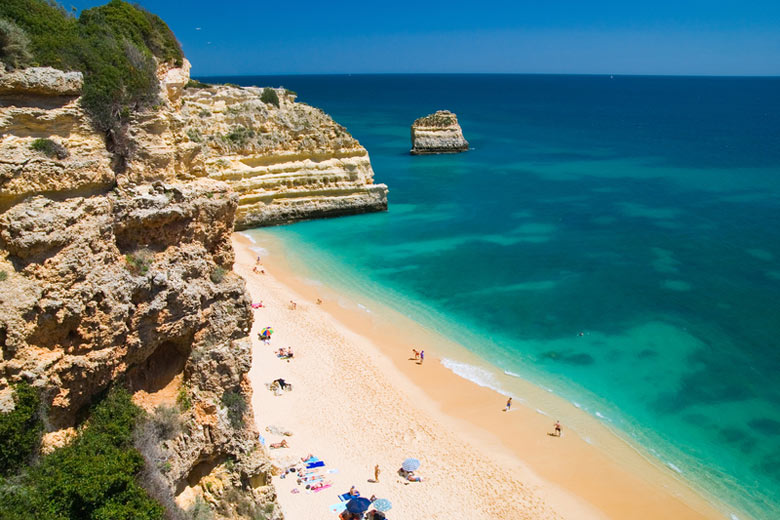



 Holiday rental finder
Holiday rental finder













